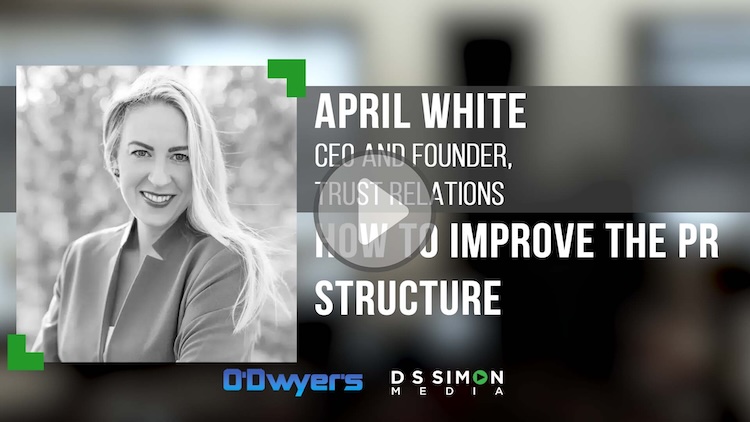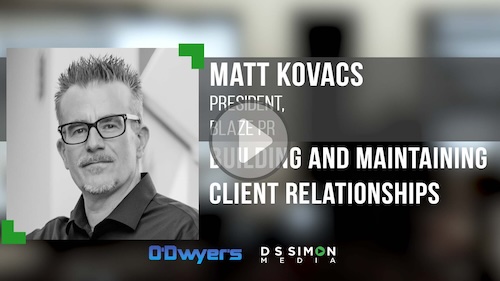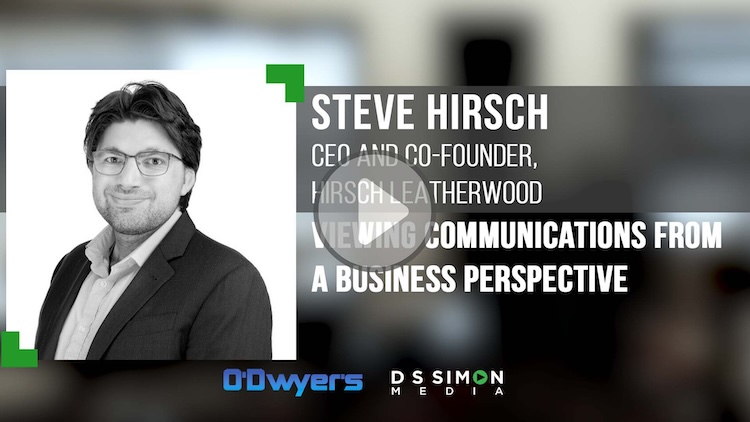|
|
Do I lie and say, “Great meal, great service?” Or do I tell the truth: “The steak was overcooked, the coffee was cold, the chocolate dessert had a day-old crust on it.”
As she hands me the check for this mediocre meal, the waitress asks, “How was everything?”
I avoid the truth and mutter, “Oh, never mind.”
“Tell me,” she urges, “I’m tough. I can take it.”
As I describe the many problems with my meal in detail, the smile falls from her face and she says, “If you don’t like our food, try the restaurant down the street. If you wanted good service, you should’ve gone to McDonald’s.”
Would a public relations professional ask for the same critique from a client?
How was our service? Did you like the news release, the PR plan, the house special, our new campaign? Are we overcharging you for an old campaign that didn’t work the first time we used it ten years ago?
Do our account executives deliver quality public relations work? Would the client tip you 10 percent, 15 percent, or perhaps 20 percent for quality service?
Sure, working in PR isn’t the same as working in a restaurant, but both are service industries. What are we serving our clients? Or even more importantly, what does the client think we’re providing?
Once, a client complained about a campaign and made suggestions for improving the project. I was not working on this project, hence I had some degree of objectivity. I thought the client was right. The client spotted a weakness in the campaign and wanted to make the public relations plan as strong as possible and as energetic as his budget would permit.
One of my colleagues was unhappy the client would make such a suggestion.
“I’m the public relations professional,” she said. “I know what I’m doing. I make the decisions.”
People who earn a living as public relations professionals typically have extensive training and professional experience. Yet, in truth, even they (we) sometimes make an error. Our PR plan can be tweaked and improved. And maybe the client, who knows the company better than anyone, is the one to offer the winning suggestion.
Certainly, in that restaurant mentioned, the customer doesn’t provide a helping hand in the kitchen. However, the customer may request that a steak be rare and the coffee extra hot.
One of the issues that rises to the top is this: how much does the client trust the PR professionals who works on the account? Much is to be said for a client who trusts the PR firm to do the right thing, the client that plans for a budget and expects the PR agency to do the job without interjecting with the usual trivialities.
Once upon a time, the client said to the president of the agency, “I want you to be my PR Agency.” People shook hands, a contract was signed and we all hoped the agency and client lived happily ever after. But all marriages have a rocky spell. And the relationship between the agency personnel and the client may become rocky when the client interjects himself into the job of the PR agency. Or the relationship gets perilous when the PR agency doesn’t share its responsibilities with the client.
Certainly, in my agency days, I would never send a news release, feature article or anything I’d worked on to the media without client approval. I wanted the client to read the manuscript and respond. I remember the president of a company once looking over a news release and responding, “exactly what I would have said if I’d have had a time to say it.”
* * *
David Ritchey, Ph.D., is professor of The School of Communications, The University of Akron.











 Have a comment? Send it to
Have a comment? Send it to 
No comments have been submitted for this story yet.